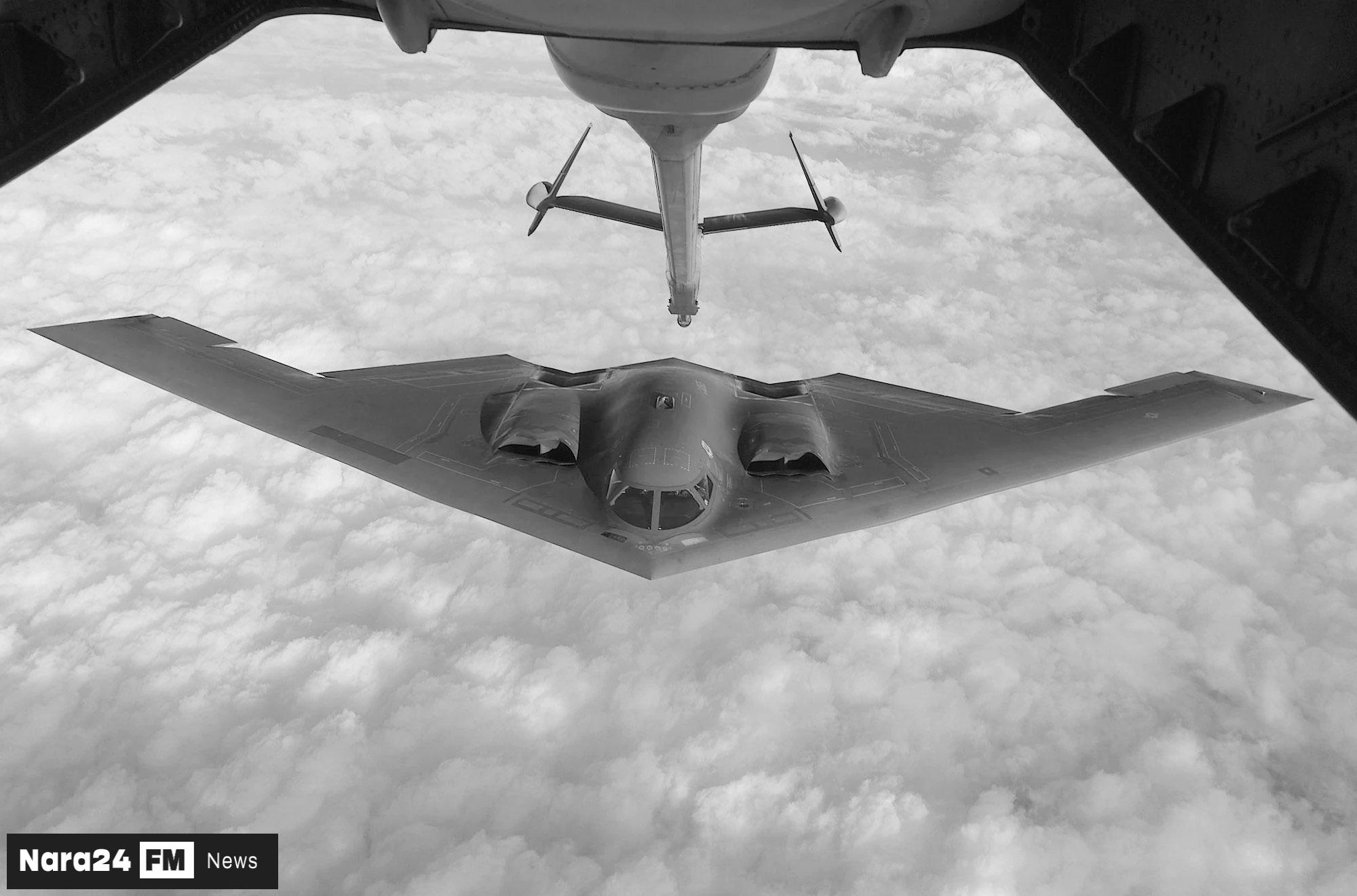A social media firestorm erupted late Tuesday following unverified posts claiming former U.S. President Donald Trump announced American military strikes against three Iranian nuclear facilities. The now-viral message, initially circulating on platform X (formerly Twitter), stated: "🚨🚨🚨Alert: War - Trump says United States has BOMBED 3 nuclear sites in Iran: Fordow, Natanz, Esfahan!!🔥🔥🔥" – triggering widespread concern among geopolitical analysts and the public.
Official Silence and Verification Challenges
As of publication, multiple U.S. national security sources speaking anonymously to major news outlets have categorically denied any military action against Iran. The Pentagon, State Department, and Trump's campaign team have issued no official statements corroborating the claim. Iranian state media remains similarly silent regarding alleged attacks, with regional security monitors reporting no unusual activity at the named sites.
Former CIA analyst Reza Behrouz cautioned: "This bears all the hallmarks of disinformation warfare. Targeting Fordow, Natanz, and Esfahan—Iran’s most sensitive nuclear installations—would constitute an act of war requiring Congressional authorization. We’ve detected zero seismic or electromagnetic signatures supporting these claims."
Sites at Center of Allegations
The locations mentioned hold strategic significance:
- Fordow: Underground uranium enrichment facility built into mountains near Qom
- Natanz: Iran’s primary uranium enrichment plant, previously targeted by Stuxnet cyberattacks
- Esfahan: Nuclear research center housing uranium conversion facilities
The International Atomic Energy Agency (IAEA) conducted routine inspections at Natanz just 72 hours prior to the social media claims, reporting normal operations.
Context of Escalating Tensions
This incident unfolds amid heightened U.S.-Iran friction. Recent weeks saw:
- Iranian-backed Houthi attacks on commercial shipping
- U.S. sanctions targeting Tehran’s drone program
- Ongoing nuclear deal negotiations in Vienna
Trump’s historical stance adds complexity—he withdrew from the Iran nuclear deal (JCPOA) in 2018 and authorized the 2020 strike that killed General Qasem Soleimani.
Disinformation Risks Amplified
Cybersecurity firm Recorded Future identified over 12,000 shares of the original post within 90 minutes, predominantly from newly created accounts. Mandiant threat analyst Leila Mohammadi warned: "We're observing classic amplification tactics—inflammatory language, triple-alert symbols, explosive hashtags. This aims to manipulate markets, incite unrest, or test Western response protocols."
The White House press secretary issued a terse advisory: "Americans should verify sources through official channels. The National Security Council confirms no authorized strikes have occurred against Iranian targets."
Global Reactions and Market Impact
Oil prices briefly surged 3% before retreating as denials mounted. Israeli and Saudi officials declined comment, while Russian Foreign Minister Sergei Lavrov called for "restraint from all parties." European Union foreign policy chief Josep Borrell’s office confirmed emergency consultations with IAEA representatives.
As digital forensics teams trace the claim’s origin, experts advise critical media literacy. Stanford’s Internet Observatory noted parallels to "2019 Venezuela 'bombing' hoaxes" designed to provoke escalation. With U.S. election cycles historically attracting foreign interference operations, investigators are examining potential coordinated influence campaigns.
This is a developing story. Updates will follow as verification efforts continue through official channels.









Comments (0)
Leave a Comment
Be the first to comment on this article!